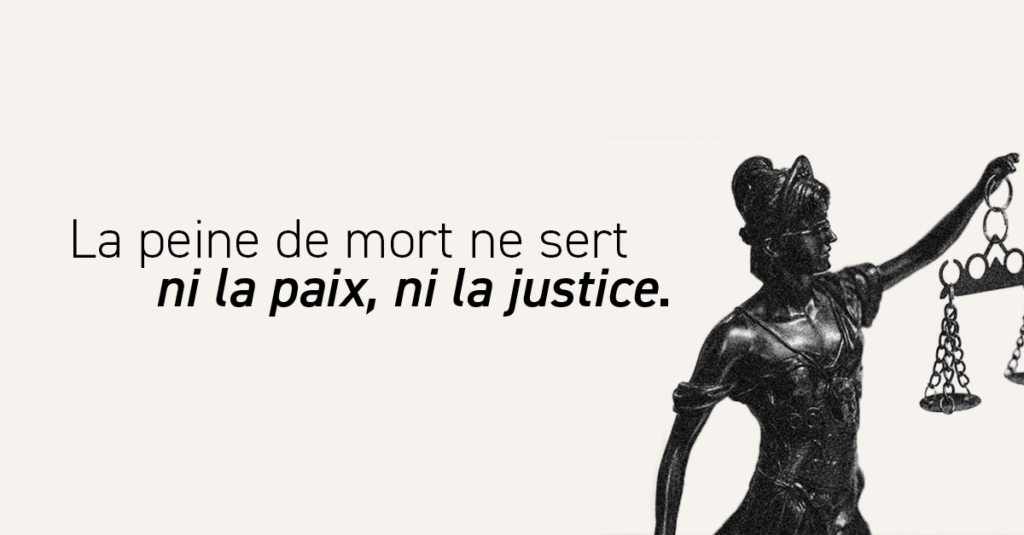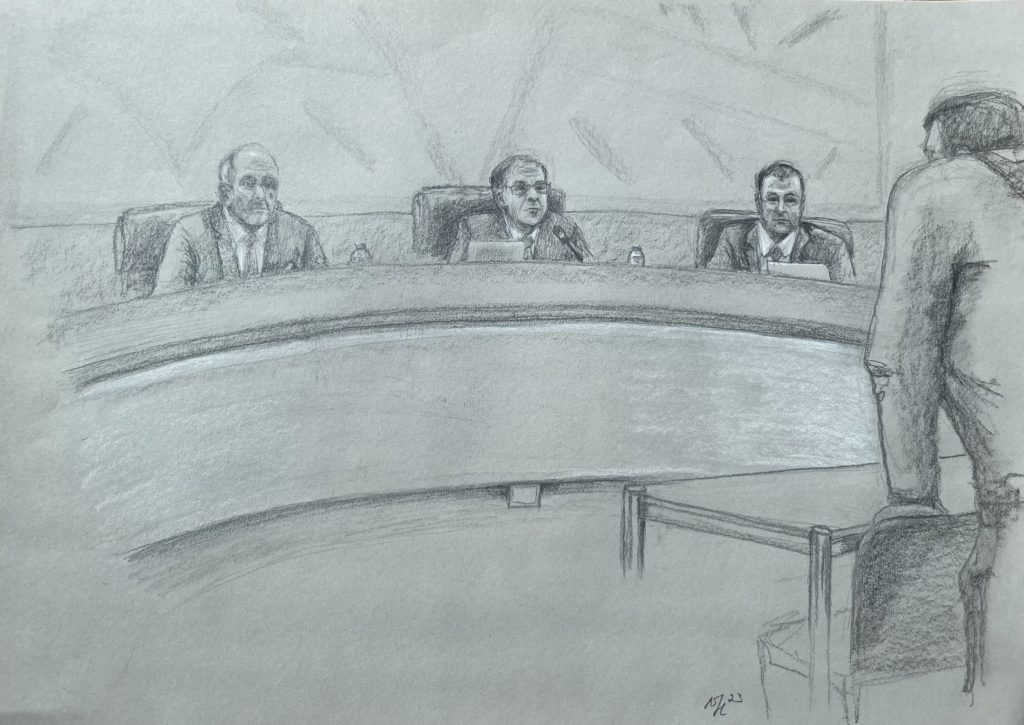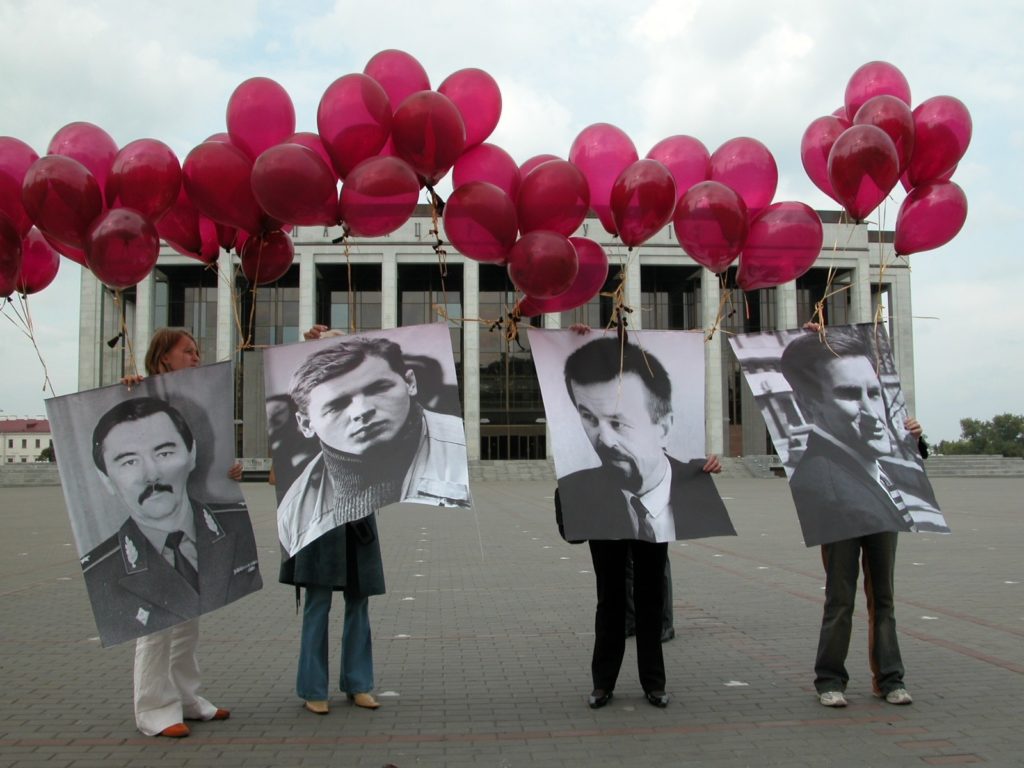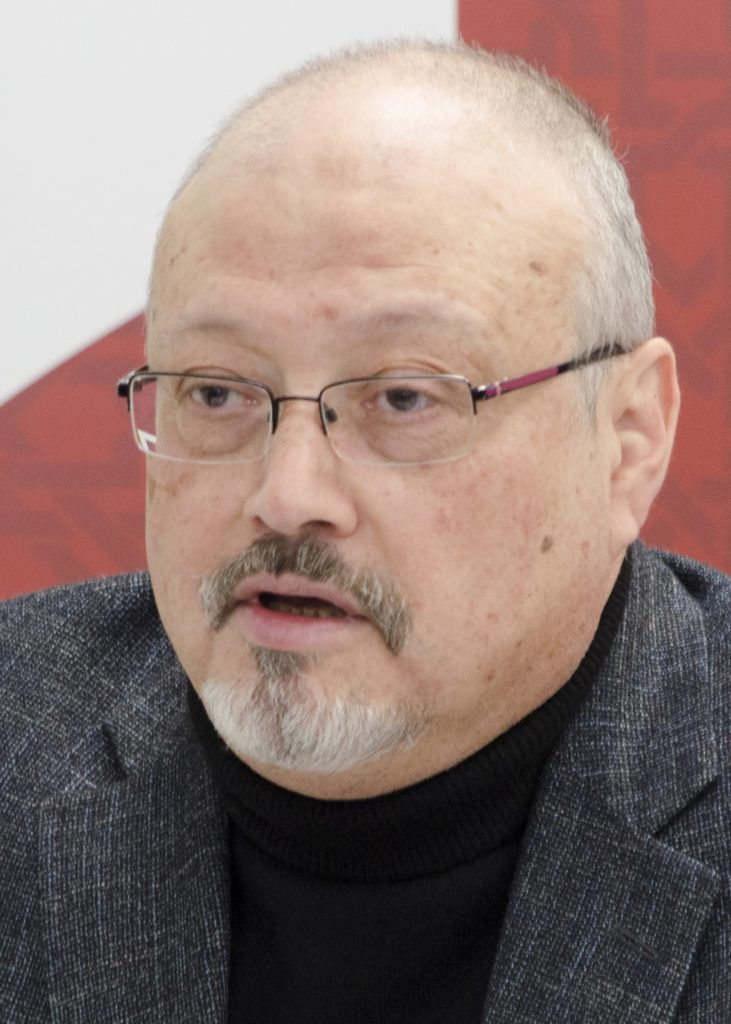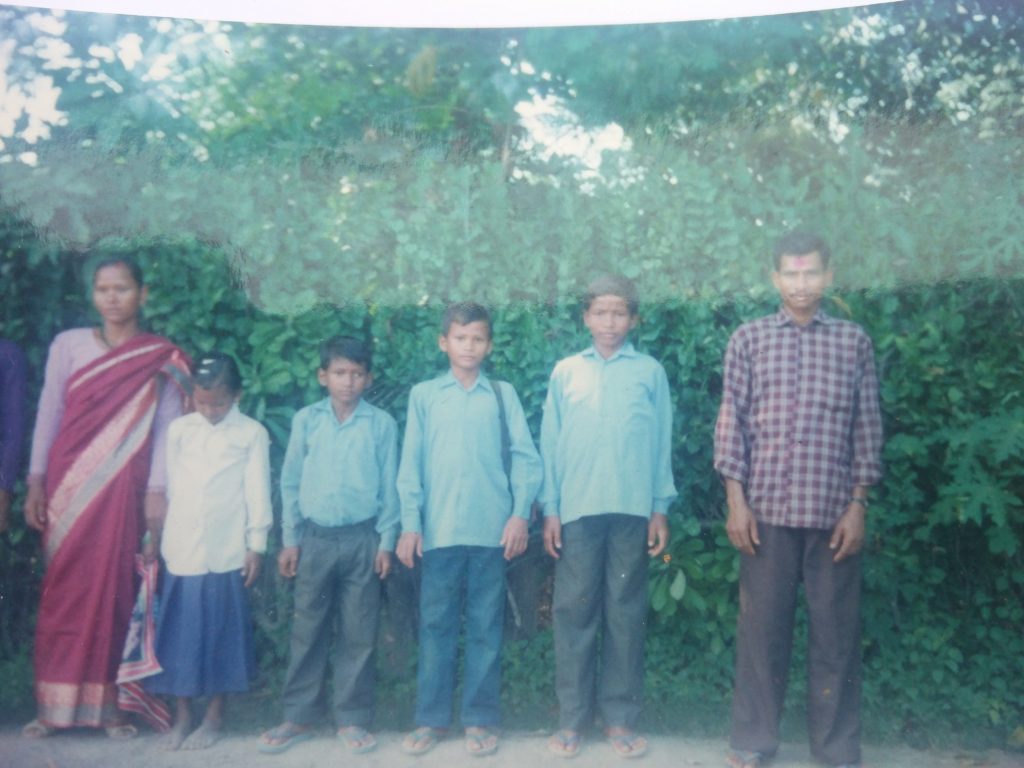Victory before the UN for wife of disappeared militant
Mr. Nepali was a journalist at a Maoist daily newspaper during the civil war that opposed Nepali security forces with the Maoist guerilla. A political activist, Mr. Nepali was also a member of the Communist Party of Nepal-Maoist (CPN-M). He lived in Kathmandu with his wife. Being a member of the opposition, he had been arrested and interrogated on several occasions – as well as his wife – but was never seriously threatened.
On 21 May 1999, his life took a dramatic turn when six or seven policemen turned up and asked him to follow them for questioning. Mr. Nepali followed them without resistance and was taken away in a mini-van to an unknown destination. This time, he did not come back.
His wife, who had witnessed his arrest, turned every stone to find where he had been taken. She went repeatedly to the local police station, but was always turned down. Finally, weeks after her husband’s arrest, she received an anonymous call informing her that he was being held in police headquarters in Naxal, Kathmandu.
The following day, Mrs. Basnet went there and asked to see her husband. The police refused her request, but took the clean clothes she had brought for him. This gave her renewed courage, as it meant that he was indeed held there and alive.
After leaving the police headquarters, Mrs. Basnet climbed to a nearby hillock and from there, she was able to get a glimpse of Mr. Nepali inside the compound. He was being escorted to the toilet by a policeman and, though handcuffed, seemed in generally good condition. Mrs. Basnet shouted out to try and get her husband’s attention, but she was too far away and he did not hear.
That was the last time she, or anyone else, saw Mr. Nepali.
Procedure
In the following year, the Supreme Court twice quashed a habeas corpus writ (respectively on 12 July 1999 and 5 July 2000). In both decisions, it argued since the Police denied detaining him, it could not be ordered to release him.
Mrs. Basnet’s fight was not limited to legal action. She and other family members of disappeared individuals held a press conference and issued an appeal requesting the general public and government authorities to come forward if they had any information regarding Mr. Nepali’s whereabouts. She also submitted a written appeal to the Parliament and co-founded the Families of Victims of State Disappearance Association (FVSDA).
The cause of Mrs. Basnet was even supported by Amnesty International in July 1999, who issued two urgent action appeals on 13 August 1999 and February 2000. The government of Nepal remained unwavered in its inertia.
In May 2012, TRIAL International took up the case to the United Nations Human Rights Committee.
Finally, on 1 November 2016, the HRC issued its response, finding that the rights of Mrs Basnet had indeed been violated. It ordered the government of Nepal to:
- Inquire over the enforced disappearance of Mr. Nepali
- If Mr. Nepali is dead, to locate his body and give his remains to his widow
- Prosecute and punish the culprits
- Ensure that reparations and psychological rehabilitation is provided to Mrs. Basnet
The Committee also urged the State to prevent similar cases, by ensuring that all enforced disappearance cases are investigated and that national legislation allows for the prosecution and punishment of perpetrators.
The fight is not over
The next challenge for Mrs. Basnet – in which TRIAL will assist her – is to transform this decision into real change. Nepal has an unfortunate record of ignoring HRC recommendations, thereby further violating victims’ rights.
Join TRIAL International’s Real Rights Now campaign to call on Nepali authorities to act today!
Visit the campaign’s website
Follow the hashtag #realrightsnow
Read another story of enforced disappearance in Nepal

